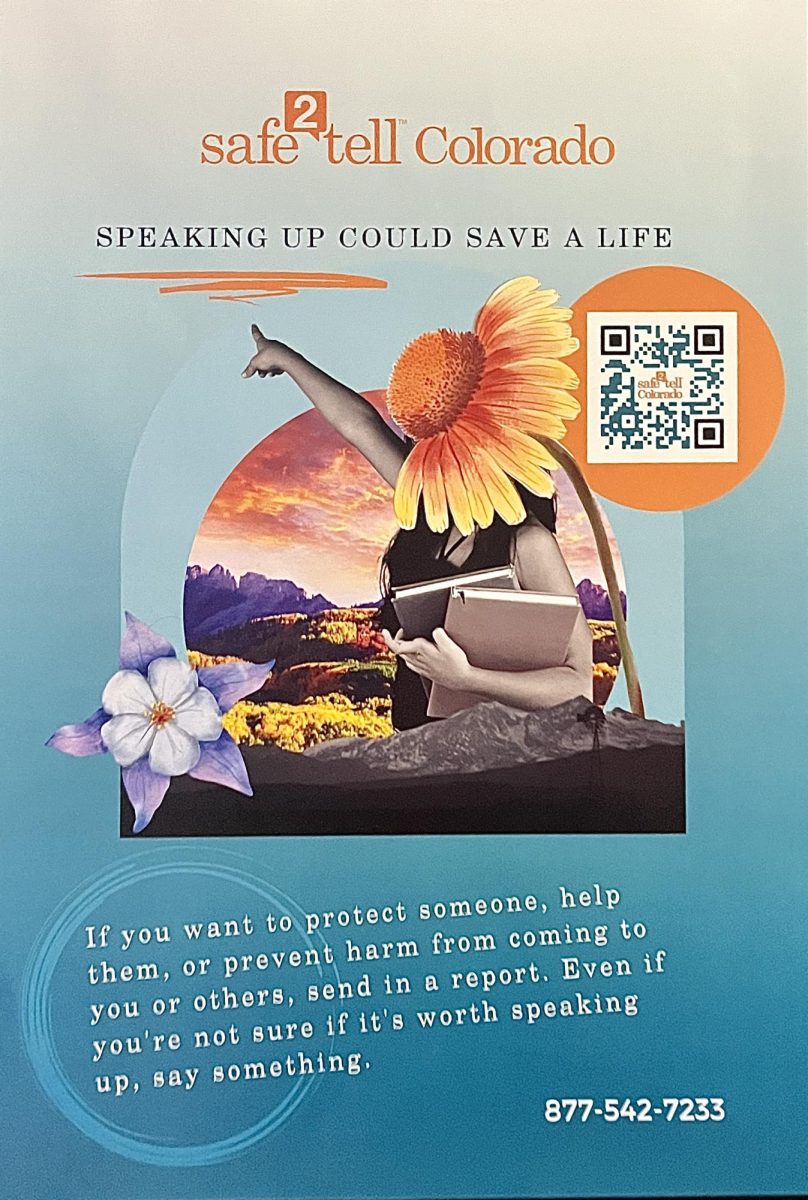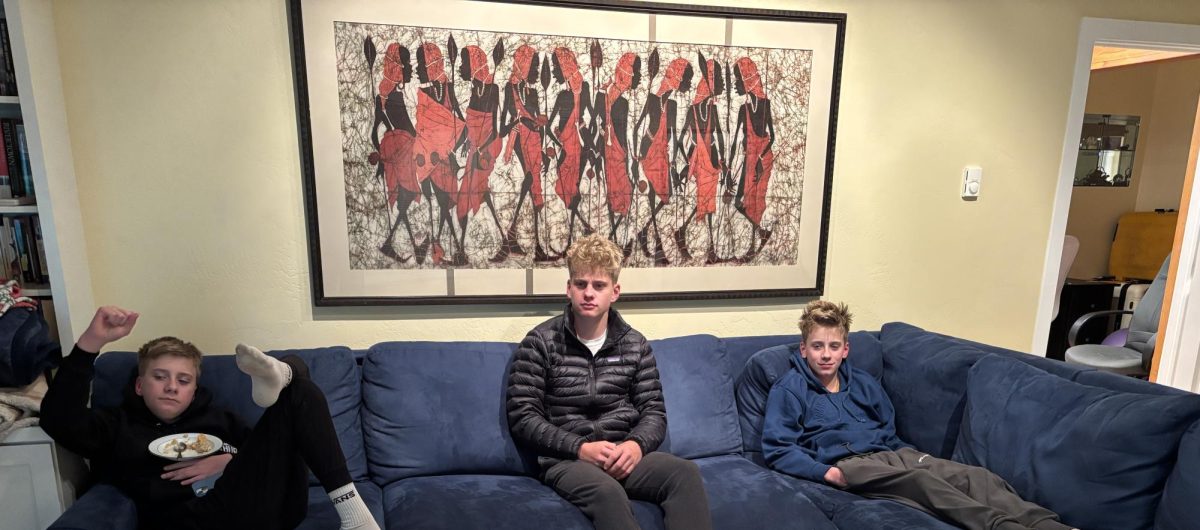Teen Spotlight: Young adults struggling with mental health amid pandemic
*Originally published on the Snowmass Sun*
There’s no question that the COVID-19 pandemic has caused a decline in mental health and well-being. Although the crisis has impacted mental health for all ages, it hit especially hard for my Generation Z peers.
According to a Harris Poll done on teen mental health in May, seven out of 10 teenagers said they have struggled with mental health amid the stressful pandemic climate. Additionally, the poll reported that “82% of teens (are) calling on America to talk more openly and honestly about mental health issues in this country,” and “79% of teens surveyed wish there was an inclusive environment or safe space for people in school to talk about mental health.”
National policymakers have failed to address this crisis, instead placing this burden on individuals and community members. And locally, teens across the Roaring Fork Valley feel firsthand the consequences of a lack of a mental health infrastructure amid growing declines in mental well-being.
“Towards the beginning (of the pandemic), there were a lot of resources. Now, they’re gone,” said Alice Collins, a junior at Aspen High School who said she has struggled with her mental health. “I have not seen a lot of awareness for mental health or anything addressing that people are going through a lot more, and are more likely to go into a downward spiral.”
Another Aspen High School junior who wished to remain anonymous because they were uncomfortable publicizing their struggles with mental health, reported worse anxiety and depression this year.
“I was struggling with anxiety before the pandemic, but the pandemic made it significantly worse,” they said.
For many teens, remote learning models are an additional source of stress and struggle. Yet some aspects of being isolated and doing school online may not always be not damaging.
“Having less people (around) has meant I’m more prone to falling into negative thought spirals, but it does mean that I don’t have to deal with other people seeing those negative thought spirals,” the student said.
In recent years, growing discussions surrounding mental health have helped bring awareness to the need for more support, but mental illnesses are still stigmatized. Additionally, many people are closed off to discussions of mental health.
“I feel like younger people have this concept embedded in the back of their brain that it is not cool to feel your emotions fully, and they just kind of block out their emotions,” Collins said.
Collins, like many of the teens in the survey, agrees that schools should be doing more to address teen mental health.
“If some students are doing a lot worse in classes, maybe the teachers should take the time out of their day to check up on those students and not necessarily address the work and say, ‘Hey are you doing OK?’” Collins suggested.
Emily Kinney, a junior at Aspen High School, feels Aspen High School has taken initiatives this year to aid students who are struggling with mental health, but thinks there is still room for improvement. (Kinney is the editor-in-chief of the Skier Scribbler and has previously contributed to the Teen Spotlight column.)
“We need to do a better job at opening up spaces of dialogue. The school is making steps in the right direction, by having counselors drop into classes and talking to students,” Kinney said. “If there can be other opportunities for students to express when they’re struggling, those (could) be steps in the right direction,” Kinney said.
Kinney also believes accessible mental health care should be more of a priority for national policymakers.
“We should start by having the re-federalization of institutions. When those got shutdown, that cut out a lot of practices for people to go to, and now private practices for rehabilitation are super expensive and not covered by insurance,” Kinney said.
Despite this desire for societal and policy change, Collins said the mental health needs of our community are not being met or even addressed.
“I feel like the government and policymakers are completely ignoring the mental health crisis because they’re too caught up on making the United States look like this euphoric and everlasting place where everything is good and there’s no such this as being upset,” Collins said.

Ava is a senior at AHS. This is their third year writing for The Skier Scribbler. Ava is eager to contribute to the newspaper and is passionate about writing,...


























